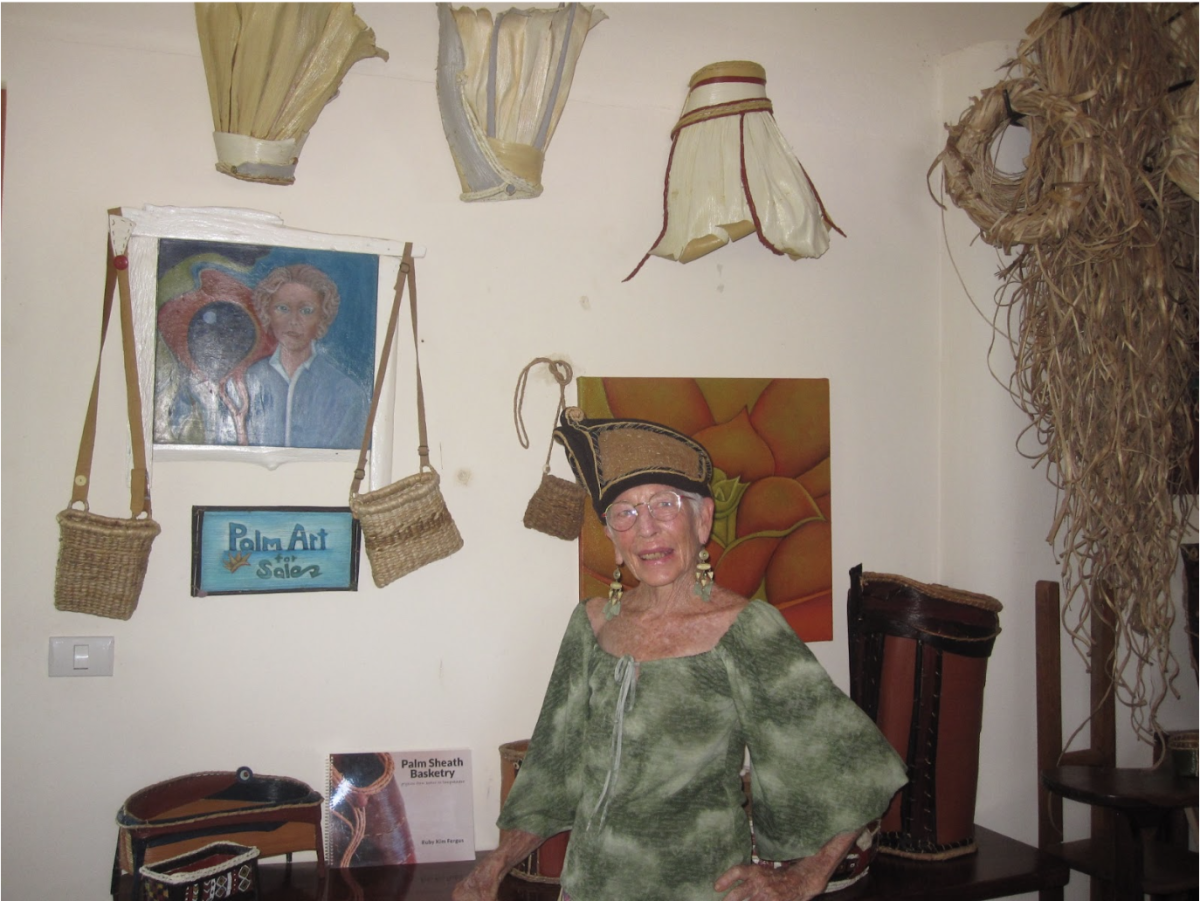Zoe Newcomb
Editor-in-Chief
You won’t find any bigger proponent of First Amendment rights than me. At first glance, Wikileaks, a “news” organization, created to leak government documents, seems to be everything I stand for. But as the media seems to increasingly sensationalize the stories uncovered by the website, it’s grown difficult to know exactly where to draw the line.
To be honest, I was excited when I first learned about Wikileaks. Politics? Journalism? Count me in. Historically, the whistleblower has played an important role in international politics. I firmly believe journalism — the fourth estate — is the foundation of a free society. But as the old adage goes — with great power comes great responsibility, a proverb the creators of Wikileaks seemingly missed.
Launched in 2006, Wikileaks is an international “media organization” that has published over a million government documents over the past four years with the help of anonymous government officials. Originally created as a user-editable site similar to Wikipedia, Wikileaks no longer accepts user comments or edits in order to maintain the integrity of the information published by the high profile site.
The concept behind Wikileaks is admirable — those in power should and must be held accountable for their actions. Clearly, however, international politics are not that black and white.
Wikileaks has the potential to promote candor within government, as well as shed light on horrific human rights issues that seem so often ignored by the mainstream news media. In 2009, Wikileaks published an internal report about toxic waste dumping in the Ivory Coast from international commodity trading company Trafigura. The report detailed the detrimental health effects the toxic dump could have on residents — chemicals could burn skin and eyes, cause vomiting and potentially lead to death.
The United Kingdom’s Guardian and other major news organizations had been threatened with legal action if they published the documents, but Wikileaks was a legal loophole that forced Trafigura to become publicly accountable for their actions.
More recently, when Wikileaks published documents about U.S. military action in Afghanistan, it failed to remove the names of Afghan civilians working as military informants. While the documents may have provided interesting gossip, it also put the lives of civilians at risk.
While Julian Assange, creator of Wikileaks, is off trying to hold governments responsible for their actions, there is no one to hold him accountable for carelessly endangering innocent lives.
Wikileaks used its high profile status in 2008 to publish e-mails hacked from then Republican vice-presidential candidate Sarah Palin. It’s not that the e-mails contained any important information — they were simply published because they came from Palin.
Not only is Wikileaks turning the serious news media into nothing more than a forum for gossip, but by publishing documents that were likely obtained illegally, the creator of Wikileaks exposes himself to serious repercussions.
Documents published last month uncovering new details about the United State’s relationship with foreign governments disclose details that seem about as important as the stories published by The Enquirer about Miley Cyrus’s latest photo drama.
It is Journalism 101 that you don’t run every quote you get or every scandalous bit of information — because after a while, the integrity of real stories is lost in the sensationalism.
There is a lot of corruption in the world that should be exposed. Citizens, particularly those in a democratic society like the United States, deserve to be informed about the actions of the government that represents them. But the general public does not have the ability to judge when a document should or should not remain confidential.
However idealized this may sound, we should be promoting honesty lawfully rather than through illegal back channels. It’s ironic that the ones promoting integrity resort to gossip and illicit actions to accomplish their goal.
Sure, scandals sell. But for Wikileaks to truly succeed it should be setting an example and promoting honest journalism, not joining the leagues of Star Magazine.








